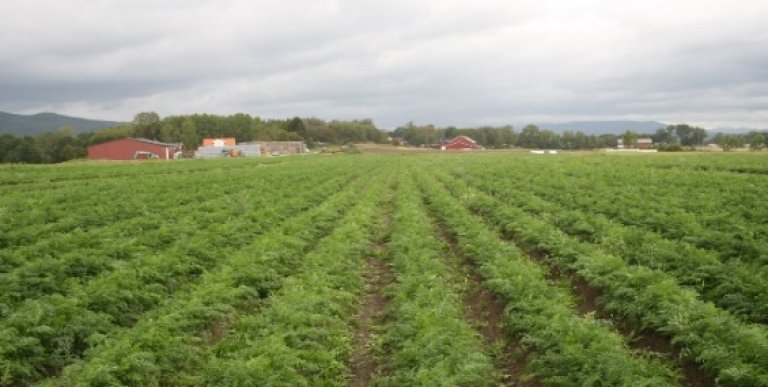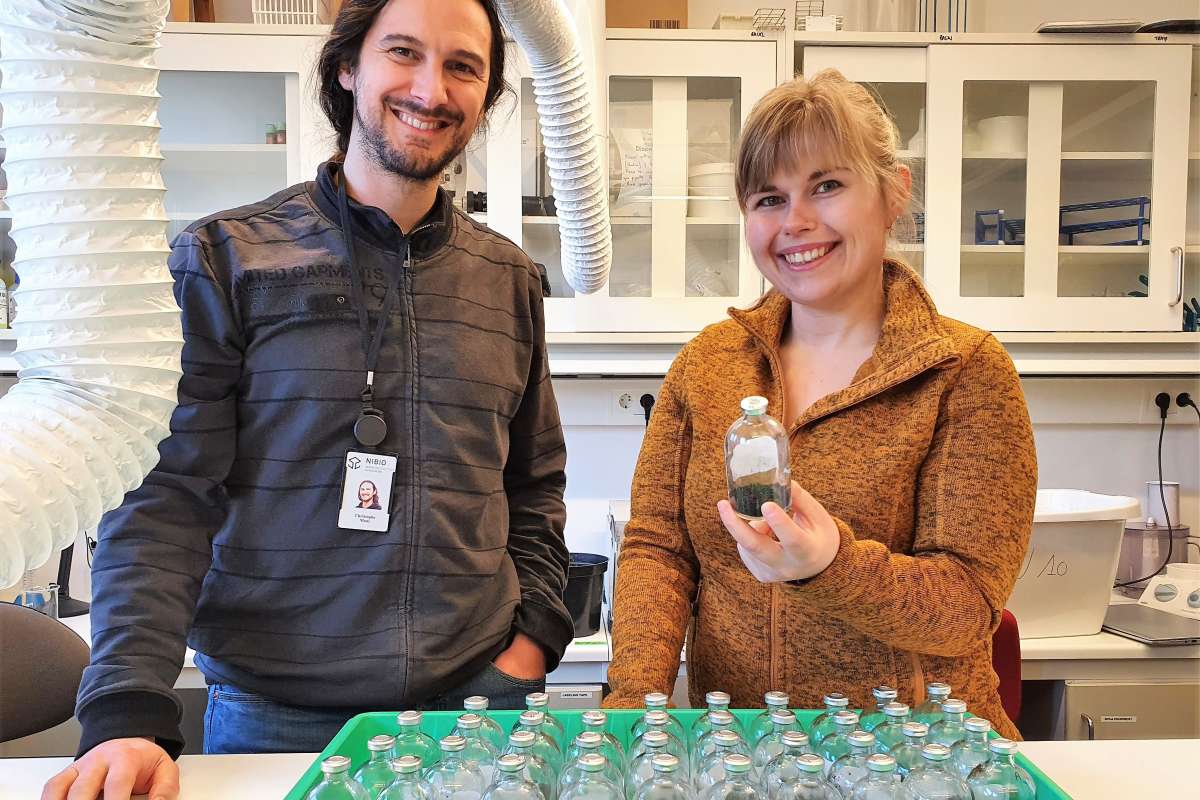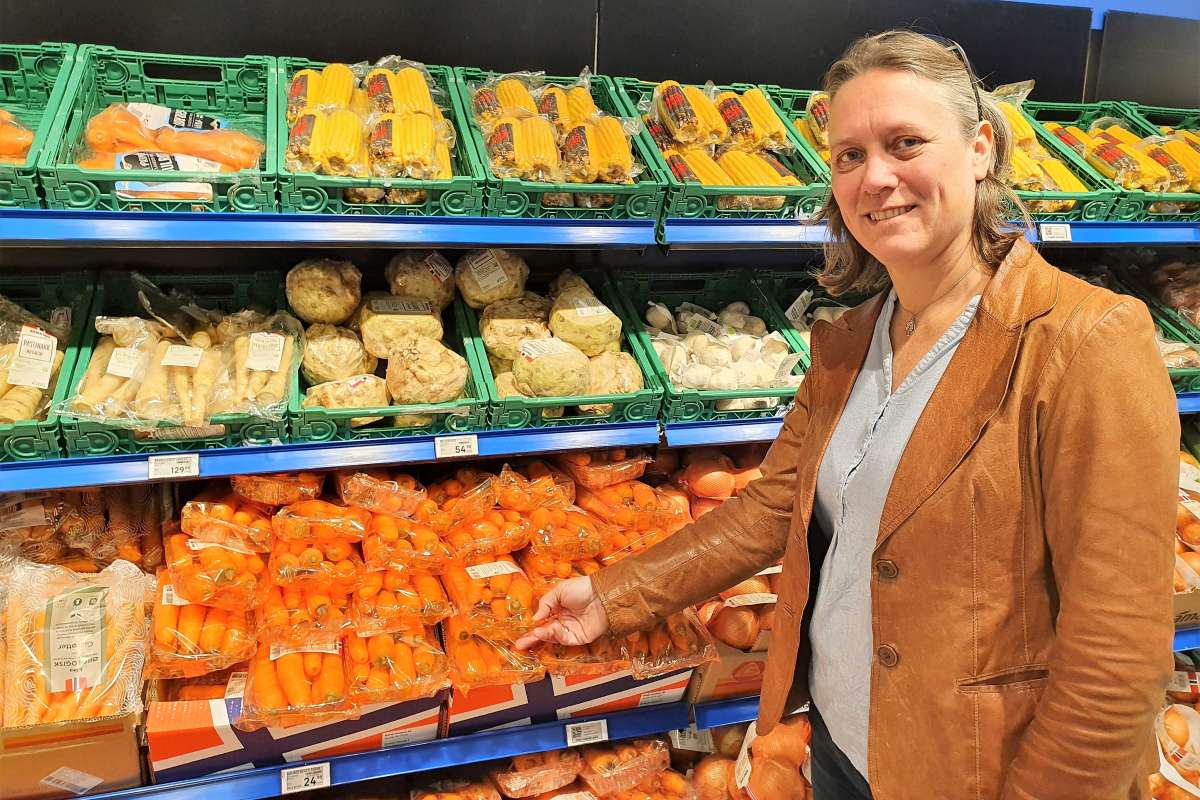Division of Biotechnology and Plant Health
LowImpact - ChiNor solutions for Low Impact climate smart vegetable production with reduced pesticide residues in food, soil and water resources
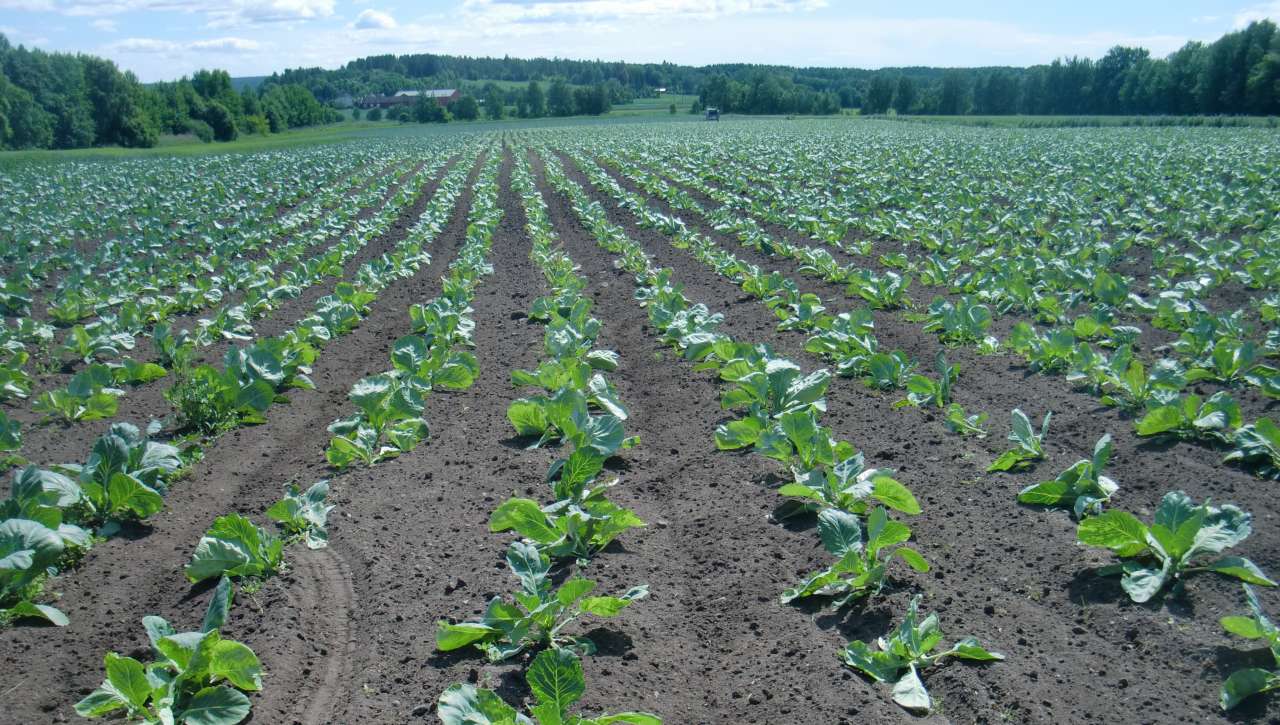
End: dec 2022
Start: jan 2019
Biochar technologies show promise as tools for climate smart and environmentally friendly agricultural production, both as tools to improve soil quality and impact greenhouse gas emission from soils and to reduce pesticide pollution to the environment and pesticide residues in food. However, there is a lack of studies integrating these concerns and designing joint solutions.
More information
European Reference Laboratory for fruit and vegetables SINTEF Energy Research INRAE Agrecology, Dijon Institute of Plant Protection, Chinese Academy of Agricultural Aciences Rester av plantevernmidler i næringsmidler 2021Project participants
Amadeo R. Fernández-Alba Fabrice Martin-Laurent Jihong Liu Clarke Roger Holten Liang Wang Christophe Moni Agnethe Christiansen Marit Almvik Anders AasFood safety and soil health seminar 27 May 2021
LowImpact annual meeting news, 2020
Final seminar for the LowImpact project 8 December 2022
Consortium partners
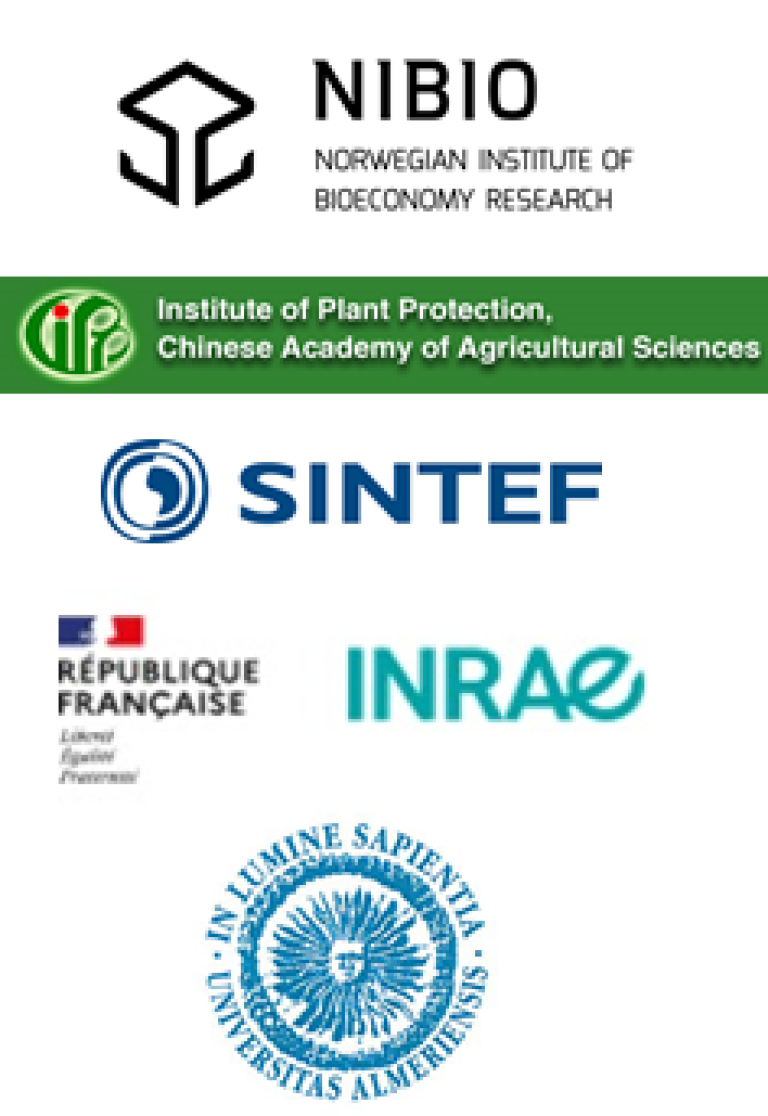
| Status | Active |
| Start - end date | 01.01.2019 - 31.12.2022 |
| Project manager | Marianne Stenrød |
| Division | Division of Biotechnology and Plant Health |
| Department | Pesticides and Natural Products Chemistry |
| Total budget | 5000000 |
| Funding source | Research Council of Norway |
The project objectives and concept
Current challenges in agricultural production practices include negative impacts on soil quality, environmental and food safety. The LowImpact project aim to develop combined solutions to address these concerns for vegetable production in Norwegian and Chinese soil and climate conditions.
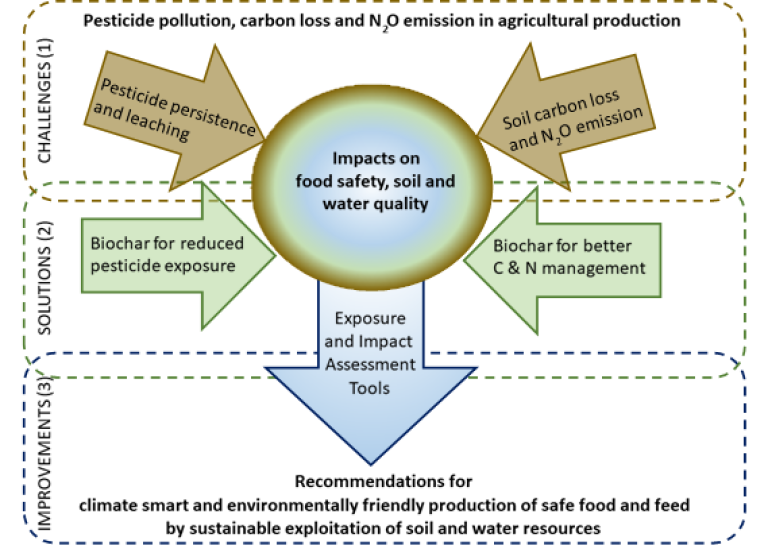
The research activities within the project is organized in separate work packages and tasks as shown below. All WPs involve collaborative efforts between the coordinating partners NIBIO and IPP CAAS.
WP 2: Pesticide exposure assessment tools
- Optimization of analytical methods for pesticides and their abundant metabolites
- Screening of pesticides and metabolites in field sites
- Monitoring and modelling data
WP 3: Biochar for improved nutrient management and reduced pesticide exposure
- Biochar production, characterization and analysis
- Carbon turnover and N2O emission response to pesticides and biochar amendments
- Fate of pesticides in agricultural soils
WP 4: Impacts on food safety, soil and water quality
- Interactive effects of pesticides and biochar on soil microbial diversity and function
- Pesticide nontarget effects in terrestric and aquatic ecosystems
- Pesticide uptake in plants and impacts on food safety
